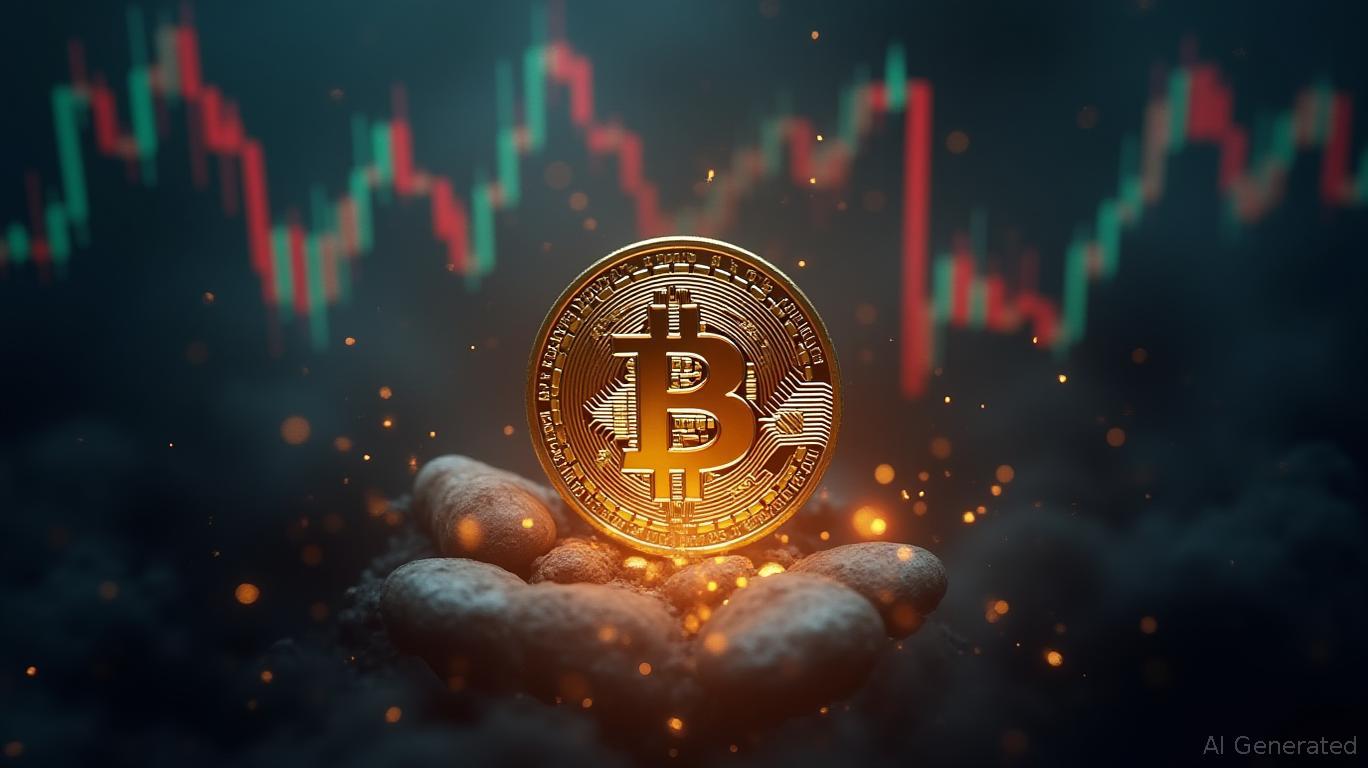Reliance Responds to Chinese Restrictions and Sanctions by Adjusting Its Global Supply Chains
- Reliance Industries faces dual challenges from China's battery export curbs and U.S. sanctions on Russian oil producers. - The company accelerates Chinese battery component shipments while boosting crude oil purchases from the Middle East and U.S. - Reliance's strategy highlights risks of overreliance on single suppliers amid geopolitical supply chain disruptions. - Chinese battery makers promise smooth export licenses, but interim uncertainty forces cautious procurement adjustments.
Reliance Industries Ltd., led by Indian billionaire Mukesh Ambani, is currently facing significant challenges in both its energy and technology supply chains. Recent developments reveal the company’s dependence on international markets as it adapts to shifting geopolitical and regulatory environments. Reliance has recently sped up the export of battery parts from China,
The company’s battery division, which is central to its renewable energy storage ambitions, is encountering immediate obstacles as China imposes stricter controls on the export of essential battery manufacturing equipment. According to the Business Standard, Chinese regulators have implemented new rules this month requiring export licenses for such equipment, effective November 8. A Reliance delegation has traveled to China to speed up shipments, and sources say that at least a dozen other international clients are also rushing their orders, sometimes skipping quality inspections to meet tight deadlines. The report notes that if Reliance cannot obtain Chinese equipment promptly, its plans to assemble batteries domestically for solar projects—an important part of India’s energy self-sufficiency efforts—could be delayed.

At the same time, Reliance has shifted its crude oil procurement approach in light of U.S. sanctions on Russian firms Rosneft and Lukoil. The company has acquired millions of barrels of crude from the Middle East and the U.S., including varieties such as Saudi Khafji, Iraqi Basrah Medium, and Qatari Al-Shaheen, with shipments scheduled for December and January,
These developments highlight Reliance’s efforts to balance its technological goals with the realities of global politics. The Business Standard pointed out that China’s dominance in the battery industry—home to six of the world’s top ten producers—makes companies like Reliance susceptible to changes in Chinese export policies. Meanwhile, sanctions on Russian oil have prompted Indian refiners to quickly adjust their sourcing strategies, leading to increased spot purchases from the Middle East, the U.S., and Brazil, according to Bloomberg.
A Reliance spokesperson commented on the changing situation, saying the company is "evaluating the impact of sanctions on Russian oil supplies and the export of refined products to Europe," and emphasized its ongoing commitment to operational stability through diversified sourcing, Bloomberg reported.
As international supply chains grow more complex due to trade disputes, Reliance’s actions mirror wider industry anxieties about depending too heavily on single suppliers. Chinese battery manufacturers have reassured customers that export licenses will be processed smoothly under the new rules, but the uncertainty has led companies to take a more cautious and reactive approach, the Business Standard reported.
Disclaimer: The content of this article solely reflects the author's opinion and does not represent the platform in any capacity. This article is not intended to serve as a reference for making investment decisions.
You may also like
ConstructKoin Develops Blockchain Bridge to Unlock $300 Trillion in Real Estate Liquidity
- ConstructKoin (CTK) unveils 2025–2026 roadmap to bridge institutional capital with blockchain-based real estate financing via compliance-first RealFi protocols. - Four-stage plan includes KYC/AML-compliant onboarding, asset-backed lending expansion, and global institutional partnerships to scale real-world asset tokenization. - CTK differentiates from DeFi by balancing blockchain transparency with regulatory frameworks, attracting institutional capital amid crypto market volatility. - Analysts highlight

Bitcoin News Update: MicroStrategy's $200,000 Bitcoin Investment Encounters 1977-Like Crash Alert Amid Ongoing Bullish Breakout Discussions
- Peter Brandt warns Bitcoin mirrors 1977 soybean crash pattern, predicting a potential 50% drop to $60,000, threatening MicroStrategy’s leveraged BTC holdings. - Contrasting views emerge: TheMarketSniper highlights Bitcoin’s "descending broadening wedge" as a bullish setup, while Crypto₿irb signals a near-term cycle peak. - MicroStrategy faces liquidity risks if Bitcoin declines, as a 50% drop could devalue its 200,000 BTC stake, testing its debt-driven strategy. - Market sentiment remains divided: Arthur

Fireblocks Integrates Security and Ease of Use Through $90M Dynamic Takeover
- Fireblocks acquires Dynamic for $90M to unify institutional custody with consumer crypto onboarding via integrated developer tools. - Dynamic's "Auth0 for web3" tools enable mainstream apps to embed crypto authentication, wallets, and multi-chain support securely. - The deal aligns with crypto infrastructure consolidation trends amid U.S. regulatory clarity and rising stablecoin adoption (30% YoY growth). - Fireblocks now supports 50M on-chain accounts, addressing scalability challenges while competing w

Bitcoin News Update: Prenetics’ Two-Pronged Approach Draws Cryptocurrency Companies and Celebrities in $48 Million Funding Round
- Prenetics raises $48M in oversubscribed offering with crypto firms, celebrities, and institutions. - Dual-warrant structure could unlock $216M, supporting IM8 supplements and Bitcoin treasury expansion. - IM8 achieves $100M ARR in 11 months; CEO targets $1B revenue and $1B Bitcoin holdings by 2029. - Strategic partners include Kraken, Bitdeer; aligns with rising institutional crypto adoption trends.
